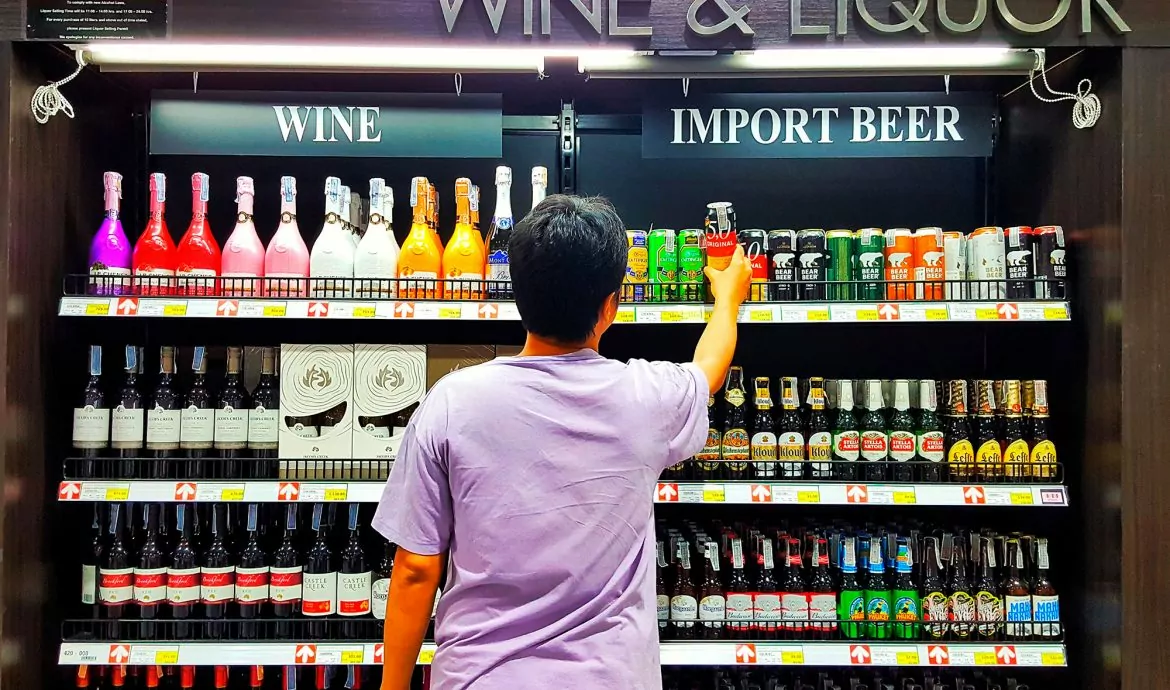There was a time when getting an imported beer was a luxury. But everything changed in the 80s, thanks to Heineken, the famous Dutch beer. This brand started to flood international markets, creating new opportunities for other breweries to expand their business. And with the consolidation of craft beers in the 2000s, consumers were demanding a wider selection of brews.
Nowadays, Americans enjoy imported beer from Belgium, Germany, Ireland, Canada, Australia, and, of course, Mexico. It’s no surprise that this southern neighbor sends around 70% of its beer production to the United States (The Wall Street Journal, 2020).
So, why drink imported beer?
Even though the domestic market has evolved to produce great brands, we all know that the beer culture began in Europe. So, when you’re drinking a Belgian dubbel or a German helles, you are tasting centuries of brewing tradition and knowledge. We have learned how to produce our own fruit beer and malt beer from that tradition.
An imported beer (See also: Flavored Beers) could indeed take you all over the world without you even leaving your living room. The flavor profiles of each brew are unique to their geography and culture and tell the story of some of the oldest breweries. They usually come from a long generation of family owners and their authenticity is their major value.

Imported beer: the 10 most popular
1. Corona Extra
Origin: Mexico
Style: Lager – American Pale
ABV: 4.6%
Notes: A very subtle flavor with a bit of sweetness and a small presence of hops.
2. Modelo Chelada Tamarindo Picante
Origin: Mexico
Style: Fruit beer
ABV: 3.3%
Notes: The sweetness of tamarind combined with the spicy chiles chipotles create the flavor of a very traditional Mexican michelada. There are also notes of limes, salt, and tomatoes.
3. Heineken
Origin: The Netherlands
Style: Lager – European Pale
ABV: 5%
Notes: Made with only barley, hops and water, with a fruity flavor.
4. Dos Equis XX
Origin: Mexico
Style: Lager – Pilsner
ABV: 4.2%
Notes: A blend of malt, spices, and earth tones.
5. Stella Artois
Origin: Belgium
Style: Belgian Lager
ABV: 5%
Notes: Floral aroma, well-balanced malt sweetness, crisp hop bitterness, and a soft dry finish.
6. Kasteel Rouge
Origin: Belgium
Style: Fruit beer
ABV: 8%
Notes: It’s a blend of an stronger ale with cherry liquor. It mixes perfectly with the malt and has touches of chocolate and pepper. That makes it easily digestible, despite the high ABV.
7. Labatt Blue
Origin: Canada
Style: Lager – Pilsner
ABV: 5%
Notes: Well-balanced beer with aromatic hops and a fruity character. Slightly sweet.
8. Guinness
Origin: Ireland
Style: Stout
ABV: 4.2%
Notes: A sweet coffee and malt nose. Malt and roasted flavor.
9. Van Diest Früli Strawberry Beer
Origin: Belgium
Style: Fruit / vegetable beer
ABV: 4.1%
Notes: It’s the perfect balance between white beer and strawberry juice. The coriander and orange peel control the sweetness and add a citrus twist.
10. Fosters
Origin: Australia
Style: Lager
ABV: 5%
Notes: Full malt character with a balanced clean hop bitterness.
So, when we said that Mexico rules the imported beer market in the United States, we weren’t kidding. According to Nielsen, by the end of 2019, the total Mexican beer sales reached $6 billion (Beverage Industry, n.d.). But the Belgian fruit beers (or belgian style) are, no doubt, the ones that lead this category. So, go to a beer store near you and start choosing your new favorite import.
References
JACOBSEN, J. (N.D.). 2020 BEER REPORT: IMPORTED BEER SEGMENT DRIVEN BY FACTIONS. BEVERAGE INDUSTRY. RETRIEVED FROM HERE
PÉREZ, S. (2020, APRIL 3). MEXICO, WORLD’S TOP BEER EXPORTER, HALTS BREWERY OPERATIONS. THE WALL STREET JOURNAL. RETRIEVED FROM HERE
KOGUT, S. (2019, MARCH 10). 5 FRUIT BEERS FROM AROUND THE WORLD TO PUT ON YOUR BEER BUCKET LIST. JUST BEER.





















